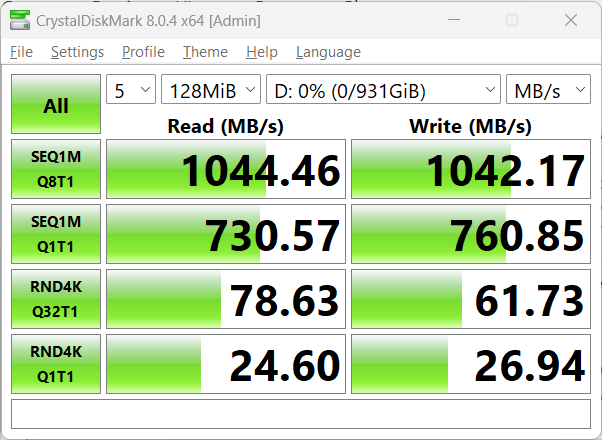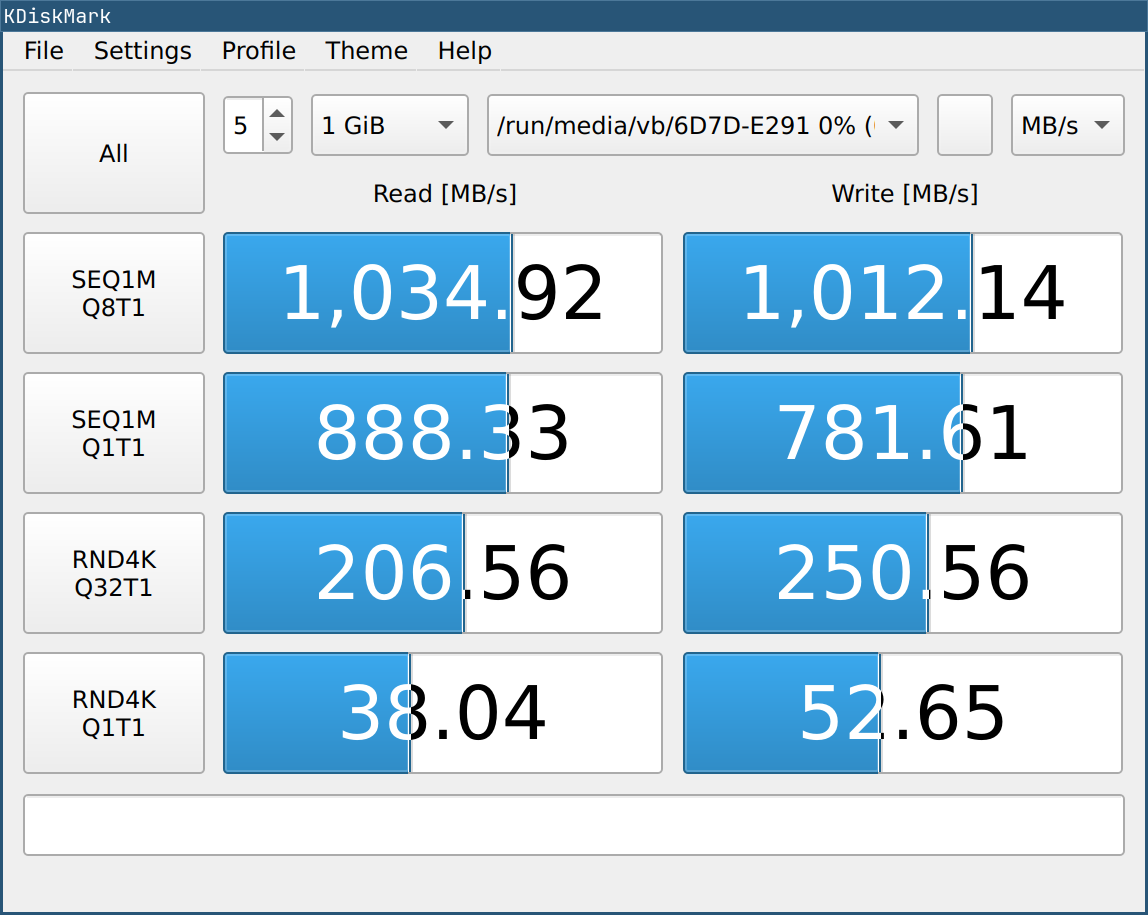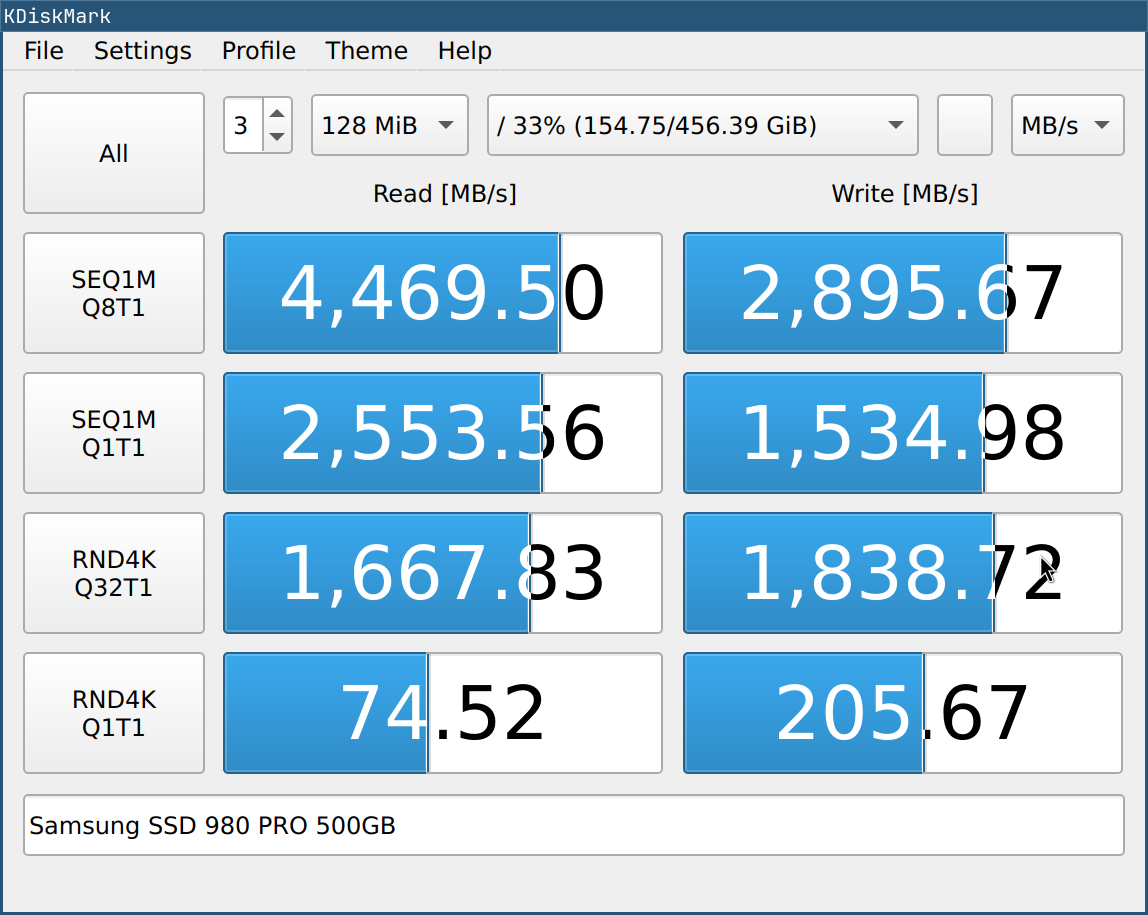Testing a M.2 NVMe SSD to USB 3 Enclosure
In the last few years Solid-State Drives (SSDs) have come down in price and up in capacity, becoming the default choice in desktop and laptop computers, and effectively replacing Mechanical Hard Drives (HDs) in pretty much every consumer scenario.
A 1TB SSD from Kingston or Samsung can be easily found around 60 USD (or around 400 BRL), so there is pretty much no need to consider a hard drive as the main storage media for your main computer at this point.
Now, an interesting option for mass storage on the go are external SSD enclosures. Hard Drives, mechanical as they are, are specially poorly suited for applications where they may be moved during operation or eventually dropped. Unlike the mechanical counterpart, an SSD is a fully electronic component with no moving parts, so there are no data loss concerns there.
I experimented in buying an external M.2 NVMe external SSD enclosure from AliExpress to replace my failing external 1TB Sony Hard Drive.
I can say that the performance is as advertised: around 1000 MB/s reads and writes (that's megaBytes per second, not megabits, with a lowercase b).

The results I get running a similar test suite called KDiskMark on my Linux machine are very similar:

But, of course, it in both cases the USB 3.1 maximum speeds are the bottleneck, as the NVMe SSD when connected to the intended M.2 slot on a quad-lane PCIe 4.0 motherboard blows the previous results out of the water.

NOTE: For completeness, the model of the SSD I put into the enclosure is a 1 TB Samsung 980 Pro M.2 NVMe which I got for around 300 BRL on AliExpress (although it seems to be a bit more expensive now, maybe because of the current USD to BRL exchange rate).
UPDATE: Previously I was getting worse bechmark results on my Linux machine. These were the results. I've since then re-formatted the drive as exFAT instead of NTFS. I'm not sure if using a different file system affects the scores, but the results are different now.